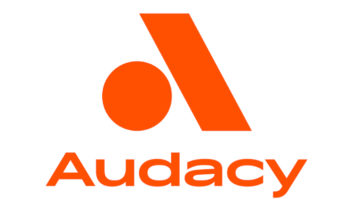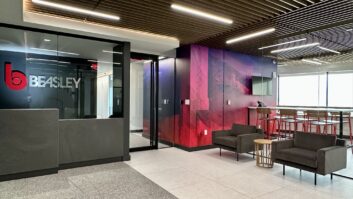NEW YORK: The announcement that several ownership groups are coordinating their multicast planning is historic for the radio community. It means the industry essentially is marketing multicast as a single new radio service, something consumers and retail salespeople can understand and describe in a few words.
So American radio listeners soon will be hearing about a new channel called HD2. And a notable twist to the story is that programming is being coordinated among owners who essentially have set aside their competitive instincts, at least in this area, and agreed about who will get to air which format in which city.
Members have created a system for choosing among program formats to avoid what several alliance members called a “Wild, Wild West” chaotic scenario. Several said it would be unproductive, for example, to program a fourth country format in a given market on a multicast channel. The goal is to provide the widest variety of programming possible, they said.
Cooperation actually began before the announcement. Alliance members tried out the system in a couple of markets before going public, members said.
‘Fair and equitable’
Alliance President/CEO Peter Ferrara said members believe the format selection system is fair and equitable. He declined to discuss specifics publicly, other than saying a hierarchy exists governing which station in a market selects first, second and so on. The hierarchy is by station, not by company, he said. The system would also be used to settle disputes, he said.
Asked how companies that normally compete – and continue to do so on analog and main digital channels – can agree not to do so on multicast channels, Ferrara and other alliance officials said the group had discussed the issue with antitrust attorneys.
“We have covered that with appropriate counsel and we are well within those parameters,” Ferrara said.
Several skeptics predicted all bets would be off after the incubator period for the multicast channels and that the cooperation would dissolve. One programmer, speaking off the cuff, said he could conceive of lawsuits filed by non-alliance members over the multicast format coordination.
Formats being discussed for the multicast channels include female-oriented talk, Hispanic love songs, tropical, urban ballads, as well as mainstream formats that may be new to a market.
Program consultant Holland Cooke of McVay Media was underwhelmed by the format choices he had heard about, saying several exist on satellite radio.
“HD Radio should be more local. This is a new spectrum opportunity; is our most innovative use of HD Radio ‘XM and Sirius Lite’?”
He suggested that groups consider traffic/weather-on-demand and local sports to distinguish multicast channels.
The alliance announcement gave at least one station consulting engineer pause. Electrical engineer John Pavlica wrote in an e-mail to Radio World, “Multicasts can finally offer pre-1996 radio programming – not the same thing duplicated on 1,200 stations. … Multicasts are an avenue to offer locally produced radio like we haven’t seen the past 10 years. Promoting HD is fine, but please, not more of the same model of the limited musical playlist on all of your stations.”
Anticipating a vote
The announcement also seems to imply that owners think the FCC will authorize multicasting permanently.
The FCC’s decision on whether and how to authorize IBOC may play out along party lines, based on comments from commissioners at last fall’s NAB Radio Show. Democrats indicated they wanted to look into appropriate public service obligations for multicast channels while Republicans were more in favor of treating them like subcarrier channels.
Ferrara said Chairman Kevin Martin “has expressed a desire to process the order” as soon as the commission is back to its full complement of five members.
“We believe there is no higher public interest served than to authorize these digital stations permanently and protect the delivery of high-quality, diverse and free radio to consumers in the future,” he said.











